ML.NET
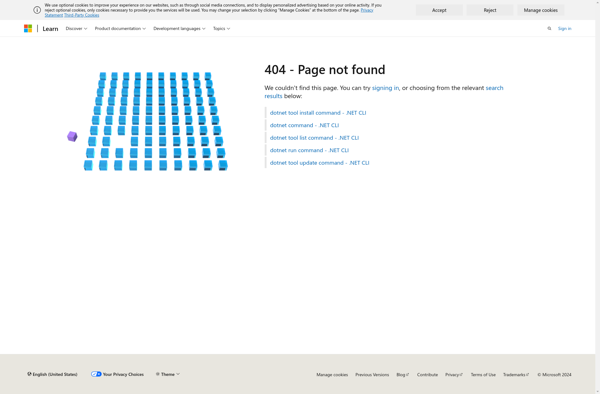
ML.NET: Open-Source Cross-Platform Machine Learning Framework
An open-source and cross-platform machine learning framework by Microsoft, allows .NET developers to develop and integrate custom machine learning models into their .NET applications using C# or F#.
What is ML.NET?
ML.NET is an open-source and cross-platform machine learning framework by Microsoft that allows .NET developers to develop and integrate custom machine learning models into their .NET applications using C# or F#. It supports a variety of machine learning tasks like classification, regression, clustering, anomaly detection, image classification, text analytics, recommendation systems etc.
Some key capabilities and benefits of ML.NET include:
- Build, train and deploy machine learning models using C# or F# without having to know machine learning theory and algorithms.
- Supports various machine learning algorithms like linear regression, logistic regression, decision trees, Naive Bayes, k-means clustering, matrix factorization etc. out of the box.
- Has data processing, model training, evaluation, optimization and cross-validation capabilities built-in.
- Can export or package trained models and use them for prediction inside .NET apps without needing a connection to ML.NET.
- Supports model deployment on desktops, cloud and edge devices.
- Interoperates well with technologies like ASP.NET Core, Xamarin, SQL Server, Azure services etc.
- Can be used to detect trends, patterns and make predictions from data in transactional, IoT and other applications.
Overall, ML.NET simplifies machine learning for .NET developers and enables adding intelligence into .NET apps and solutions without needing expertise in data science and machine learning algorithms.
ML.NET Features
Features
- Build ML models with C# or F#
- Cross-platform (Windows, Linux, macOS)
- Supports popular ML algorithms like logistic regression, SVM, decision trees
- Model training, evaluation and deployment within .NET apps
- Interoperability with TensorFlow, ONNX, PyTorch
- Model serialization and versioning
- ML model consumption from .NET, SQL Server, Power BI
- AutoML for automated model building
Pricing
- Open Source
Pros
Cons
Reviews & Ratings
Login to ReviewThe Best ML.NET Alternatives
Top Ai Tools & Services and Machine Learning Frameworks and other similar apps like ML.NET
Here are some alternatives to ML.NET:
Suggest an alternative ❐H2O.ai

R Caret
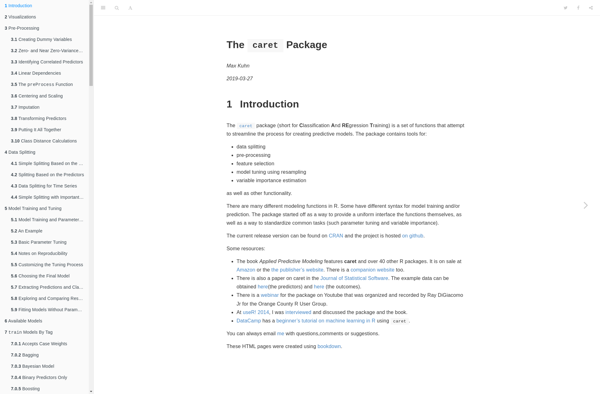
Python auto-sklearn

R MLstudio
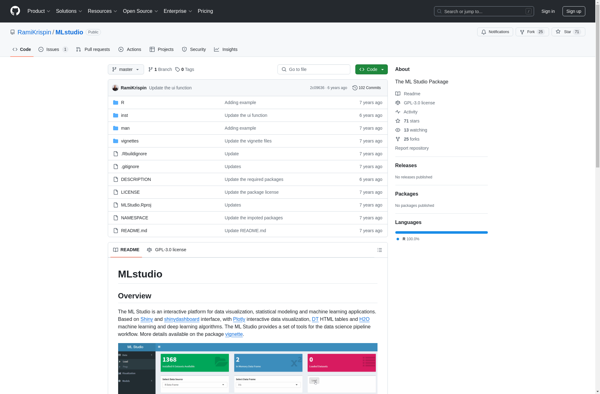
Datarobot
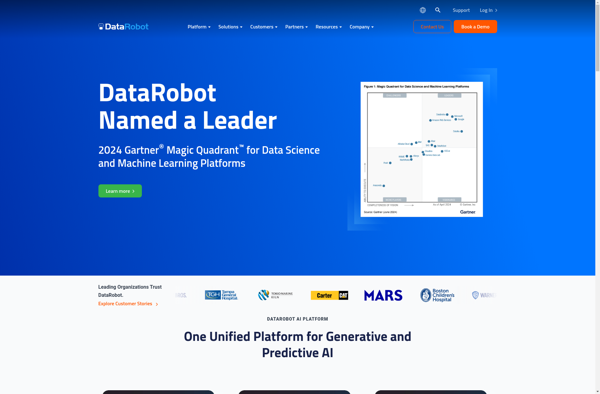
R mlr
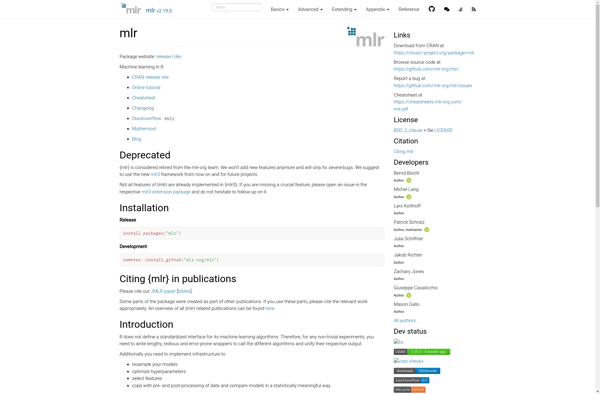
Prevision.io
